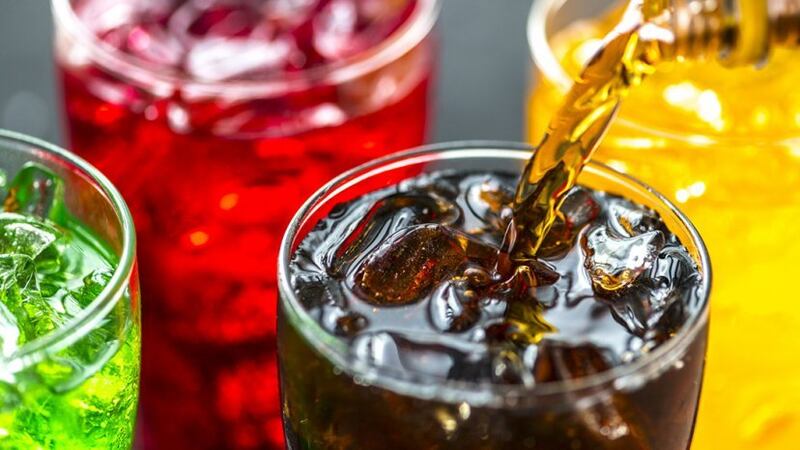Sugar in drinks is more dangerous than sugar in foods according to a major new review of international evidence.
The newly released Obesity, the official journal of The Obesity Society, found that sugar in drinks carries a greater risk of causing harmful metabolic changes that lead to chronic illnesses such as obesity and diabetes, compared to sugar in solid food.
Child health and obesity experts say this underlines the call for a tax on sugary drinks as a top-priority to tackle New Zealand's epidemics of obesity, type 2 diabetes and poor oral hygiene.
it comes after a Taranaki-based study found Māori children were drinking double the median amount of sugary drinks compared with non-Māori. The median intake of sugary drinks among children was also found to be 250 ml per day, three times the recommended daily limit.
Dr Body Lang at the University of Auckland Business School says advertising for sugary drinks is a contributing factor.
"Research has shown that some children are twice as likely to see advertising for junk food such as sugary drinks compared to advertising for healthy food. Our study suggests that the liquid sugar in such drinks is particularly dangerous because of its fast absorption."
Sugary drinks vs sugary food
Dr Gerhard Sundborn of the University of Auckland says the risk is also due to the concentration, quantity and speed with which sugar is metabolised when consumed in liquid form.
"It is clear that sugar in drinks is more dangerous than sugar in foods, which means we should focus our efforts on sugary drinks initially," says Sundborn.
Dr Simon Thornley at the School of Population Health Auckland University says New Zealand should follow in the footsteps of countries like Mexico, Philadelphia, Berkley, the UK, Tonga and the Cook Islands, which have a tax on sugary drinks.
"We have one of the highest rates of child obesity and adult obesity in the world, and our government and Minister of Health, Hon Dr David Clark, need to implement a tax on sugary drinks to address this issue."
Sugary drinks – at a glance
- The review included eight studies that directly compared the metabolic effects of liquid and solid sugars.
- Worldwide, it has estimated that there are 184,000 premature deaths per year due to sugar-sweetened beverages, mostly from diabetes.
- Sales figures indicate New Zealanders are drinking less soft drinks but more juice, sports and energy drinks. The average daily intake in New Zealand in 2016 was 175mL per person, compared to 275mL per person in the UK and 460mL per person in the US.
- A typical 'power' or energy drink contains 27 grams, or about seven teaspoons of sugar per 236mL of drink (roughly one cup), compared to 26 grams in the same volume of fizzy drinks and 24 grams (six teaspoons) each for sweetened teas and flavoured milk.

